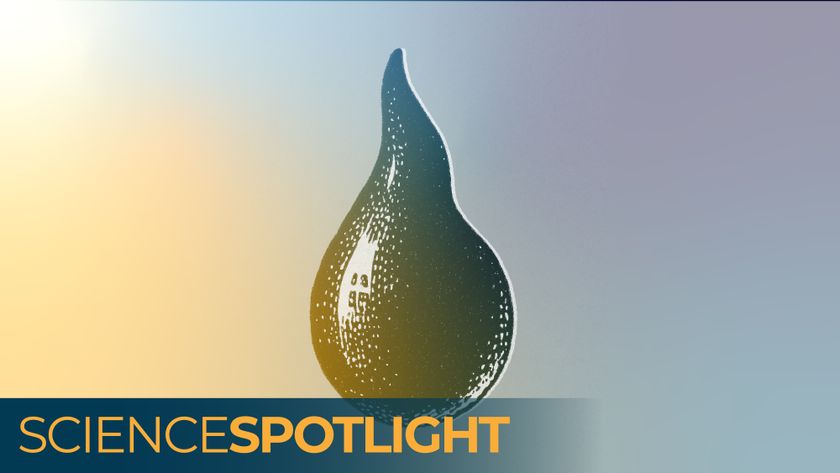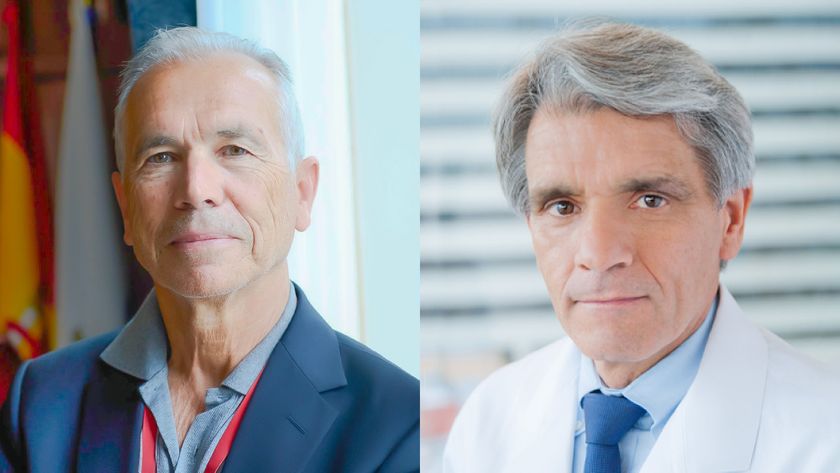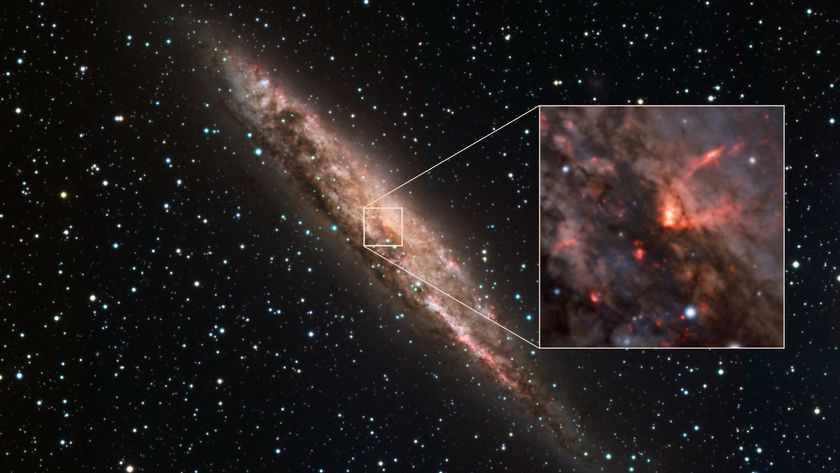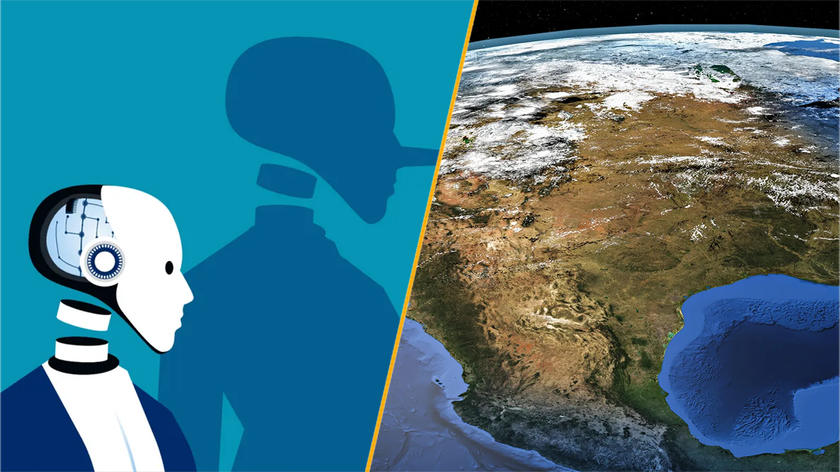Politicians Say Cell Phones Cause Cancer
Cell phones cause cancer, according to a breakthrough analysis by politicians from Maine who read some scary stuff on the Internet about it.
If this small, enlightened group of representatives, led by State Representative Andrea Boland, is able to convince the rest of the state legislature later this month, then Maine will become the first state to mandate placing warnings on cell phones that they may cause cancer.
Note that January is usually reserved for voting on emergency legislation in the Maine Senate and House of Representatives. There's clearly no time to waste. There are nearly a million cell phone users in Maine, Boland said. Although there's been no increase in brain cancers in the first 20-some years of use, you never know what might happen should consumers stumble into February without a warning.
Maine call home
Cigarettes cause cancer. That's rather clear. And that's why cigarettes and cigarette ads carry such warning. Lung cancer was extremely rare before upwards of 50 percent of the U.S. population started smoking. It was an open-shut case of cause-and-effect.
If cell phones do cause cancer, this isn't obvious. Almost everyone these days is using a cell phones, and many have been using them for a long time now. Yet there's been no spike in brain cancer.
In fact, Maine could attack the more obvious homegrown health risks. Grilled moose burgers are more likely to cause cancer than cell phones because of the heterocyclic amines created when delicious red meat hits flame. Maine lobster can cause heart disease as a result of the cholesterol and saturated fat in the scrumptious lobster meat and melted butter, respectively.
Sign up for the Live Science daily newsletter now
Get the world’s most fascinating discoveries delivered straight to your inbox.
With tobacco, grilled moose and lobster, there is a biological pathway to disease. With cell phone radiation — that is, radio waves — there is no known pathway. The radiation isn't ionizing like X-rays or UV, so it can't cause mutations. The radio waves aren't concentrated enough to cause significant heating, either, as they do in a microwave oven. The sun will make you head hotter, even in Maine during the four non-winter months.
Meanwhile, the handful of scientists who think there could be a cancer link admit that this would involve a biological mechanism never before seen.
Trouble with playing it safe
Most studies on cell phone use have found no cancer link and no cause for alarm. The fact that some studies have been unable to convincingly rule out a link is not tantamount to saying cell phones "may cause cancer," as Maine wants to state.
Why not lean toward the side of safety? Because unnecessary warnings breed fears, and scheisters capitalize on these fear. Dozens of companies market cell phone shields and absorbers, said to block the so-called harmful cell phone radiation from entering your body. None of these lives up to such claims, and the U.S. Federal Trade Commission has shut down several of these companies.
Similarly, Cardo Systems, the maker of high-end Bluetooth headsets, created with viral video hoax of cell phones popping popcorn, supposedly as a joke to suggest that headsets were the safer choice. But millions of viewers of that hoax still today equate cell phones radiation with something that can cook your brain.
Time will tell for sure. Remember that microwave ovens caused cancer. So did computer monitors. So did power lines. But we got better.
- Top 10 Bad Things That Are Good For You
- 7 Solid Health Tips That No Longer Apply
- The Most Popular Myths in Science
Christopher Wanjek is the author of the books "Bad Medicine" and "Food At Work." His column, Bad Medicine, appears each Tuesday on LiveScience.

Christopher Wanjek is a Live Science contributor and a health and science writer. He is the author of three science books: Spacefarers (2020), Food at Work (2005) and Bad Medicine (2003). His "Food at Work" book and project, concerning workers' health, safety and productivity, was commissioned by the U.N.'s International Labor Organization. For Live Science, Christopher covers public health, nutrition and biology, and he has written extensively for The Washington Post and Sky & Telescope among others, as well as for the NASA Goddard Space Flight Center, where he was a senior writer. Christopher holds a Master of Health degree from Harvard School of Public Health and a degree in journalism from Temple University.











